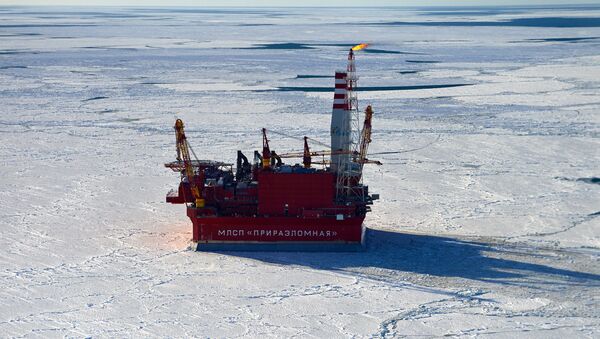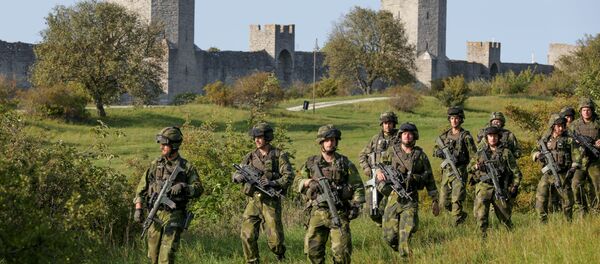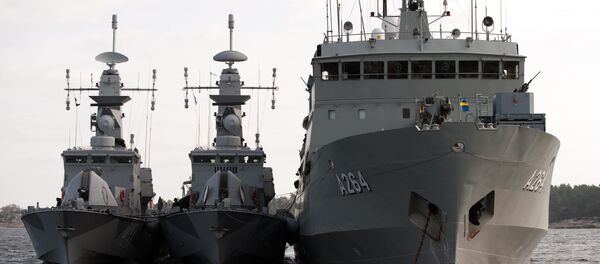Meanwhile, Swedish politicians have repeatedly voiced concerns about the country's growing dependence on Russian energy.
"Our general policy is that we should not be dependent on Russia in any way, be it gas or oil. We must pursue a hard line against Russia, no matter what it might cost the business community," Maria Weimer, energy policy spokesperson for the Liberal Party, told Swedish newspaper Svenska Dagbladet.
Earlier in November, the Swedish Armed Forces intensified the pressure on the government to stop Russia's plans to build the Nord Stream 2 pipeline across the Baltic Sea for security reasons. The Supreme Commander of Sweden's Armed Forces, Micael Bydén warned against letting Russian oil and gas giant Gazprom to make use of Swedish ports of Slite (on the island of Gotland) and Karlshamn (in Blekinge County) for transporting and storing pipes for reasons of national security. Both Karlshamn Municipality and Gotland County see this project as a business opportunity to generate jobs. In Gotland's case alone, this could mean revenue of about 50 million SEK ($55mln).
Consequently, Swedish Foreign Minister Margot Wallström came under fire for "inaction" of the government's handling of Nord Stream 2 and failure to sign a letter of protest to the European Commission alongside nine other EU nations already in March.
"This is about Sweden's security and Russia's ability to act on Swedish territory," Mikael Oscarsson of the Christian Democrats told Svenska Dagbladet.





